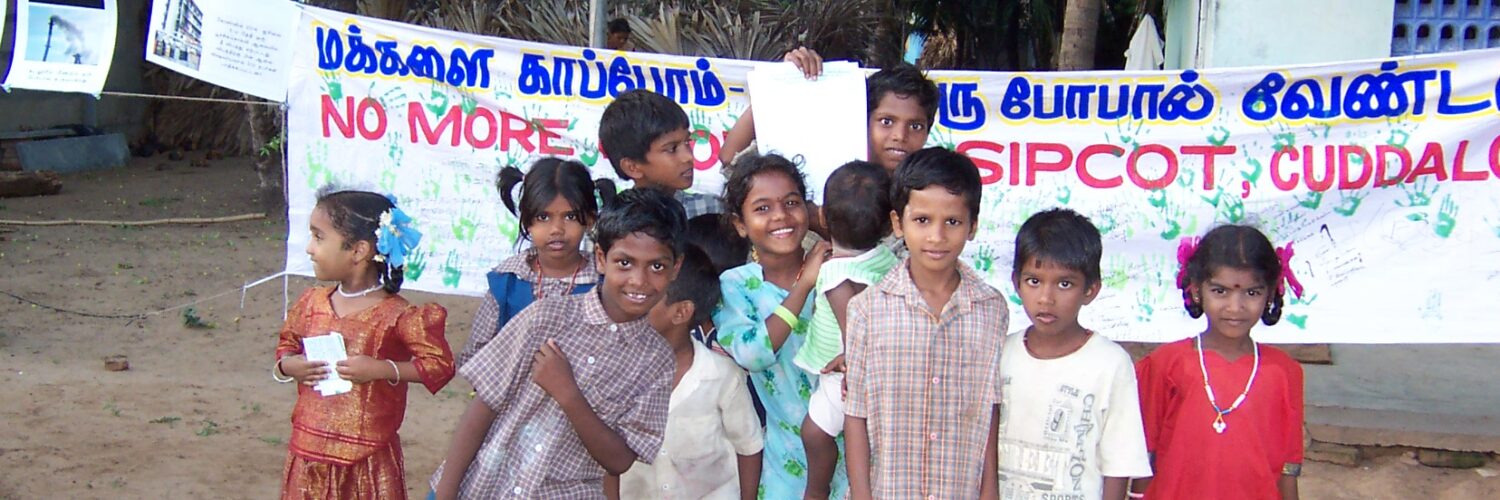June 14 2011
Ambika Sharma
Tribune India
Central board confirms presence of volatine organic compounds
Baddi: With a recent report of the Central Pollution Control Board (CPCB) detecting alarming levels of critical volatile organic compounds (VOCs) in the industrial area of Baddi-Barotiwala-Nalagarh (BBN) alarm bells have started ringing for people residing in the area.
These chemicals which also include cancer emitting carcinogens have enhanced the risk of locals acquiring cancer. Besides, VOCs target eyes, skin and respiratory system, central nervous system, liver, kidneys, reproductive system and even the cardiovascular system, blood, heart and the peripheral nervous system.
The report, a copy of which is available with The Tribune, was released by the CPCB in March this year and sent to the State Pollution Control Board for requisite action.
The state board had earlier requested the CPCB to conduct the air sampling after a similar air sampling conducted last year by local environment action group Him Parivesh in association with Chennai-based Community Environment Monitoring (CEM) had detected the presence of 11 noxious chemicals. The presence of VOCs in the CPCBs report had corroborated the findings of the CEMs report.
As per the CPCBs report, 10 VOCs – benzene, toluene, m-xylene, bromo benzene, 1 3 5 methyl benzene, 1 2 4 methyl benzene, p-iso pro toluene, n-buytl benzene and 1 2 4 trichloro benzene – has been detected at alarming levels from 10 locations. These locations included Surya Pharmaceuticals, above offices of the Industries Department at Baddi, Morepen Industries and State Pollution Control Board, Morepen industry reactor process in Nalagarh, outside Morepen unit, Mazza Healthcare Barotiwala, Sarvottam Healthcare effluent treatment plant Barotiwala, Cosmetica Corporation Baddi and Cosmetica Corporation process in Baddi.
The board has, however, failed to initiate any action to save the locals from the hazardous effects of these chemicals. Its member secretary Shushil Kumar Singla said they had served a show-cause notice on a firm where these VOCs were detected, but the unit had asserted that no such chemical was let out by them. He failed to give any convincing reply as to why no remedial measure had been initiated by the board to check the VOCs.
Members of Him Parivesh, including its president Ajit Singh Dhukhiya and Balkrishen Sharma, said the report had vindicated the stand of the association, but it was lamentable that the board was sitting pretty even after these findings. They pleaded that the court should take note of these findings so that the locals could be saved from the hazardous effects of these chemicals.
It is worth mentioning that even though the respirable suspended particulate matter (RSPM), which was one of the key parameters of measuring ambient air quality, had exceeded the safe limit of 60 microgram per m3 for the past several months in the BBN area, no measure had been taken to curb air pollution. Figures available from the board showed that the annual average of RSPM at DIC Baddi, Housing Board Baddi, Barotiwala and Nalagarh were 109, 106, 118 and 103, respectively, for 2010-11.
